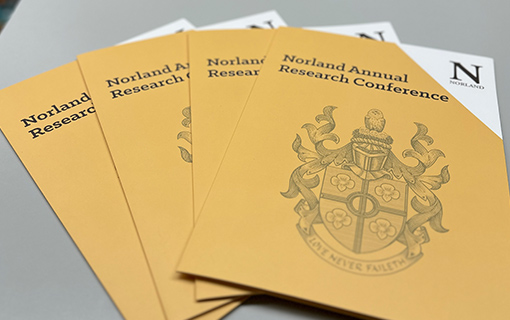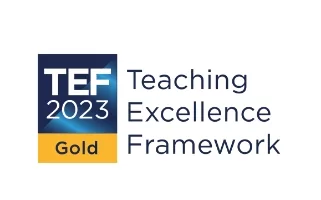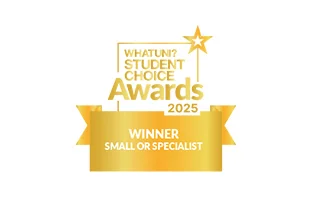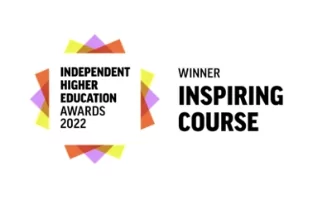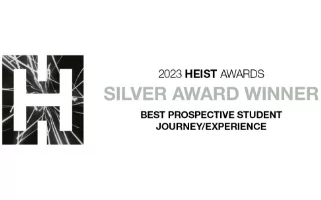Live blog: Norland Annual Research Conference 2025
24 June 2025
Follow the latest updates from the Norland Annual Research Conference — Tuesday 24 June 2025
5pm — Thank you for joining us for our coverage of the Norland Annual Research Conference 2025. Keep an eye on our social media channels. We’ll be sharing videos soon of students talking to their academic posters on a range of fascinating topics.
4.58pm — Dr Lisa Gentle, Research Manager/Fellow has added:
“The Annual Norland Research Conference offered a valuable opportunity for people at different stages of their research journey to share their insights, inform, and enhance our understanding of early childhood. I thoroughly enjoyed the diversity of content represented in the posters, presentations, and discussion panels and have come away with lots to consider.”
4.55pm — Principal Dr Janet Rose is now giving her closing remarks, evaluating the fascinating and varied research discussed throughout the day.
Dr Rose concludes “The Norland Annual Research Conference 2025 has been a celebration of research, practice and community, we are delighted to have been able to host such an interesting and diverse series of events.”
4.20pm — This session shares the inspiration behind the programme design as a master’s programme filling a current gap in Early Childhood postgraduate degrees by focussing on the home-based context of early childhood settings and the historical, theoretical, and political influences that underpin the formulation of the master’s course.
4.03pm — In our final session, Principal Lecturer Viki Bennett Kane and Dr Alex Morfaki are leading a discussion workshop around the Norland proposed master’s course titled “Mapping the Role of Nannies and Home-Based Educators: An invitation to an interactive discussion-based session on the Norland Master’s”.
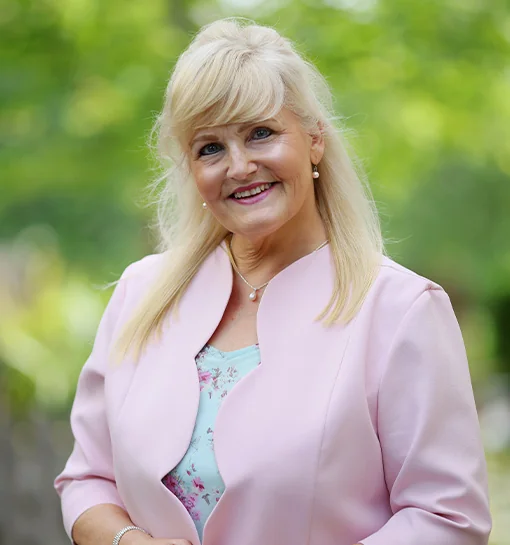
3.20pm — In the other session, Food and Nutrition lecturer Penny Bullion-Peters will present a PRISMA literature review she is currently authoring as her master’s dissertation. Called “Too Much of a Good Thing? Parental Perceptions vs. Nutritional Reality in Toddler Cow’s Milk Consumption”, Penny will explain the approach she took to the PRISMA review, present the themes, problems and strengths of the literature she reviewed and explain the knowledge gaps.
3.07pm — For our last talks of the day, Principal Lecturer Tamsin Grimmer will lead a session on two recent publications “Play matters” and “Firm Foundations”. Play Matters (Bradbury et al., 2025) is a comprehensive guide that redefines the role of play in early childhood development. This collaborative work unites leading professionals from education, psychology, social care and health to advocate for the transformative power of play for children aged 0-8. In a different vein, Firm Foundations: Rooting a Child’s Early Years in Love and Faith (Andrews and Waterman, 2025) is a guide offering practical advice for parents, and caregivers through stories, reflections, and activities to foster children’s spiritual development.
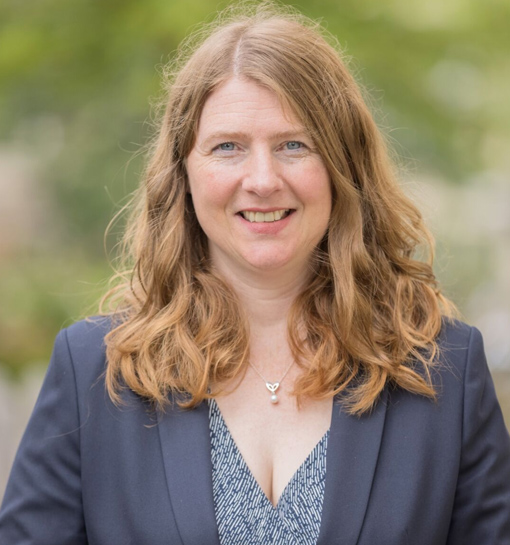
2.38pm — Meanwhile, Dr Lisa Gentle, Research Fellow/Manager at Norland, is leading a session titled “Exploring some of the difficulties within attachment theory”. This session will present the roots of attachment theory and explain the several schools of thought that have developed and vary in their underlying assumptions, exploring contradictions and problems within the theory. Context will be given to the difference between attachment patterns and attachment styles, their measurement and will clarify the importance of understanding which school of thought is drawn upon when conducting attachment research, or when making attachment-based claims.
2.28pm — PhD student at the University of Bath Abigail Bradley will share her doctoral research on the use of screens in neurodiverse children, which is part-funded by the Norland Foundation. Abigail’s research, titled “Testing the distractibility hypothesis: Visual search in autistic and non-autistic adolescents with high touchscreen use” examines the relationship between touchscreen use and visual attention in 117 adolescents aged 10 to 16(47 of whom were autistic and 60 of whom are not).
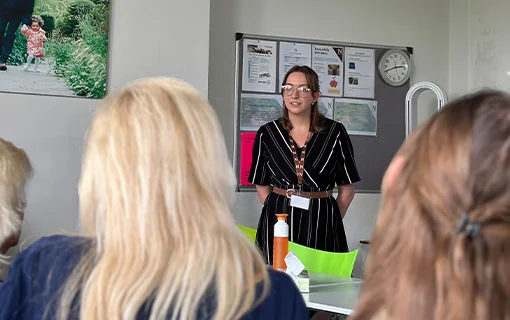
1.55pm — At the same time, Deputy Head of Learning and Teaching and Student Engagement Manager Lucy Krebs and Early Years Lecturer Georgi Bassil along with third-year student Connie will take part in a discussion titled “Who’s the Nanny? An exploration of the identity and role of nannies”. This session will be chaired by Head of Graduates: Placements, Employment and Alumni Elspeth Pitman.
1.30pm — In our first discussion forum at this year’s research conference, Programmes Manager and Senior Lecturer Tom Parsons and Head of Students Sam will take part in a discussion, chaired by Dr Lisa Gentle, titled “It starts with a seed: Cultivating connections with nature in home-based education and care”. This talk will draw on Sam’s undergraduate work-based project as well as a current paper from Tom. Taking a more-than-human perspective on the potential transformative influence on pedagogy that positioning the learner as a participant in nature could have.
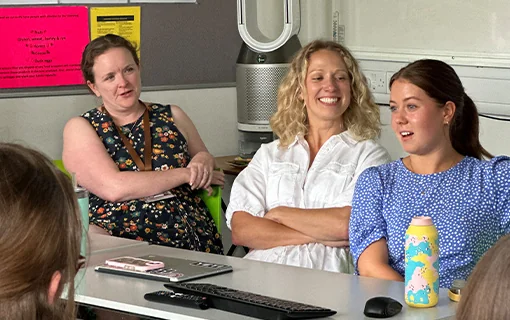
12.45pm — We’re now breaking for lunch. Here’s Tom Parsons, Programmes Manager and Senior Lecturer in Early Years, with his thoughts on the Norland Annual Research Conference so far:
“The Norland Annual Research Conference creates a supportive atmosphere for colleagues to present their research. It’s wonderful to be able to come together and share our knowledge and experiences in research and this year’s conference really highlights the eclectic range of expertise and interests within the Norland team. We are also fortunate to hear from engaging and insightful external speakers and we thank them for their valuable input.”
The Norland Annual Research Conference will resume at 1.30pm when we have an exciting programme of discussion forums and presentations from students and staff.
12.19pm — Tara Nolty and Dr Craig Johnston’s talk is reflecting on and critically exploring the role of Alternative Educational Provision policy and practice, and how this may support and reinforce segregated educational provision. Their work highlights a recent publication on the transformative potential of benevolent humanitarianism in children’s lives and asks how different forms of education can create space for professionals to become agents of change within the lives of children they educate.
12.02pm — In our final session before our break, Norland Early Years Lecturer Tara Nolty along with Dr Craig Johnston, Senior lecturer from University of the West of England are jointly presenting “Outcomes beyond Evaluation: The Impetus and Measure of Relationships within Alternative Provisions.”
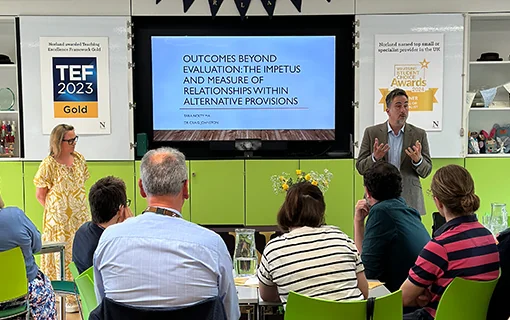
11.35am — Dr Morfaki draws on a chapter she co-authored to examine how neoliberal ideologies shape parenting practices and early childhood education. She argues that children are increasingly positioned as future economic actors. Therefore, the future role of the child has evolved to shape childhood and parenting decisions, seeing children’s education as an investment in creating a productive and economically successful individual.
11.22am — Now, Programmes Manager and Senior Lecturer at Norland Tom Parsons will introduce Senior Lecturer in Early Years Dr Alex Morfaki to present her talk ‘“The Neo-liberal Parent and Child: Current consumers, future workers?”, a critical look at market and neoliberalism and their forces on children’s education.
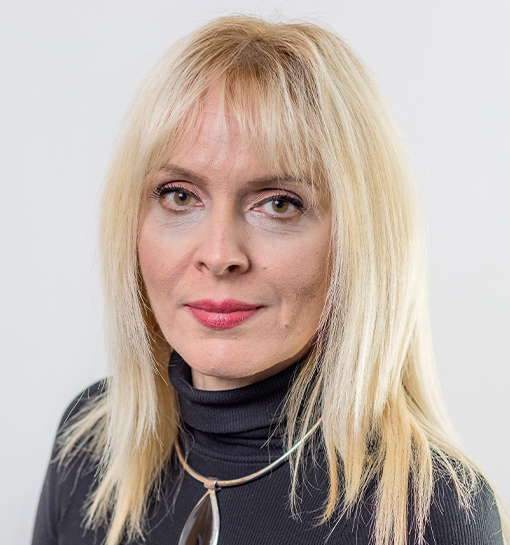
10.57am — Next up, we are celebrating student research and work. Delegates are exploring poster displays of student work. The posters showcase a range of topics, including sleep, parental perceptions and use of technology use in the home and parental perceptions of language immersion programmes. These are a testament to the creativity and research-based exploration our students have undertaken.
10.16am — Julia’s research draws on how the embodied experiences of both babies and educators shape their relationships and how development of respectful caregiving physical interactions may be supported or facilitated. Julia’s research will discuss the use of video enhanced reflective practice as an effective tool for professional development in those working with infants and toddlers.
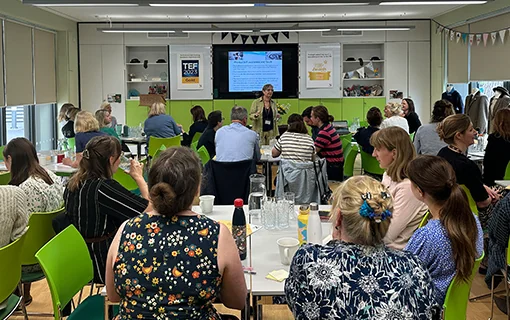
09.51am — Our keynote speaker for year’s research conference is early years expert Julia Manning-Morton, presenting: “Holding the Baby: Holding the Educator – Embodied Intersubjectivity in work with 0–3-year-olds.” Julia’s background spans a range of early childhood settings including roles as a practitioner (nursery nurse), manager, adviser and inspector across a range of settings for children aged 0-7 years and also as a senior lecturer in Early Childhood Studies. Julia’s research and writing is focused on the personal, social and emotional well-being of children and practitioners.
09.45am — Introductions will now take place by Dr Lisa Gentle, Research Manager/Fellow at Norland. Dr Gentle is introducing our keynote speaker for the day, Julia Manning-Morton. Dr Gentle’s own research focuses on examining statistically significant relationships between peoples’ unconscious assumptions about attachment relationships and mentoring relationships, and their actual engagement in mentoring. Dr Gentle undertook her STEM Psychology PhD research on at Birmingham City University.
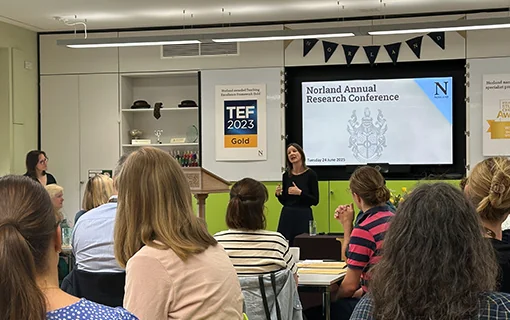
09.35am — The day is officially opening with a warm welcome from Dr Rebecca Digby, Vice Principal and Head of Learning, Teaching and Research. Dr Digby is reflecting on the growth of Norland’s research culture and the importance of creating space for critical dialogue in early years education.
09.15am — Welcome to the Norland Annual Research Conference. We’re excited to welcome attendees, staff, students, and guests to the Norland Annual Research Conference 2025 on Tuesday 24 June. A day of thought-provoking talks, student research, and inspiring discussion awaits us. Stay tuned throughout the day as we keep you updated with the presentations.
